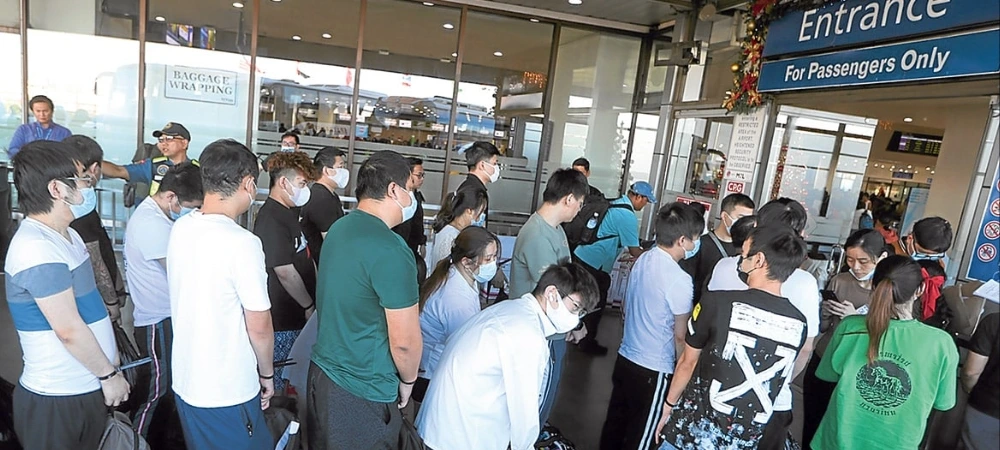Dana Sandoval, spokesperson for the Bureau of Immigration, announced on Monday that the agency will enforce a strict exit policy. The directive targets foreign nationals working for offshore online gaming operators in the Philippines.
She stated that approximately 20,000 foreign employees must leave the country within 60 days. This applies after their work permits are canceled once their companies shut down.
On July 22, President Ferdinand Marcos Jr. declared that all Philippine Offshore Gaming Operators (POGOs), now rebranded as Internet Gaming Licensees (IGLs), must end operations in the country by December 31, 2025. This announcement aligns with the government’s broader efforts to eliminate unregulated activities and tighten oversight on offshore gaming.
When asked about the fate of foreign workers with families residing in the country, Sandoval firmly clarified that the Bureau has no plans to offer exemptions. “Currently, we do not have provisions for any procedural adjustments. They must leave the country,” she emphasized.
Furthermore, Sandoval confirmed that the Bureau will not allow any changes in visa status for affected foreign nationals. She explained, “This marks the end of their stay here. With their companies’ operations being scaled down, they must leave. They cannot extend their stay or convert their visas to another type.”
Sandoval also added that the vast majority of the 20,000 affected workers are Chinese nationals. She emphasized that the Immigration Bureau expects full compliance with the 60-day departure rule.
Meanwhile, a report by the Philippine Star revealed that most of the foreign gaming workers currently reside in Metro Manila. However, a significant number also live in Laguna, Cavite, and Central Luzon, making the policy’s impact far-reaching.
As of July 16, the Philippine Amusement and Gaming Corporation (PAGCOR) confirmed that 38 IGLs hold full permits to operate gaming services for offshore customers. Additionally, PAGCOR has granted provisional licenses to seven more operators. In total, the regulator reported that 43 licensed operators remain active.
With this enforcement, the Bureau of Immigration reinforces the government’s deadline and underscores the final phase of POGO operations in the Philippines.












